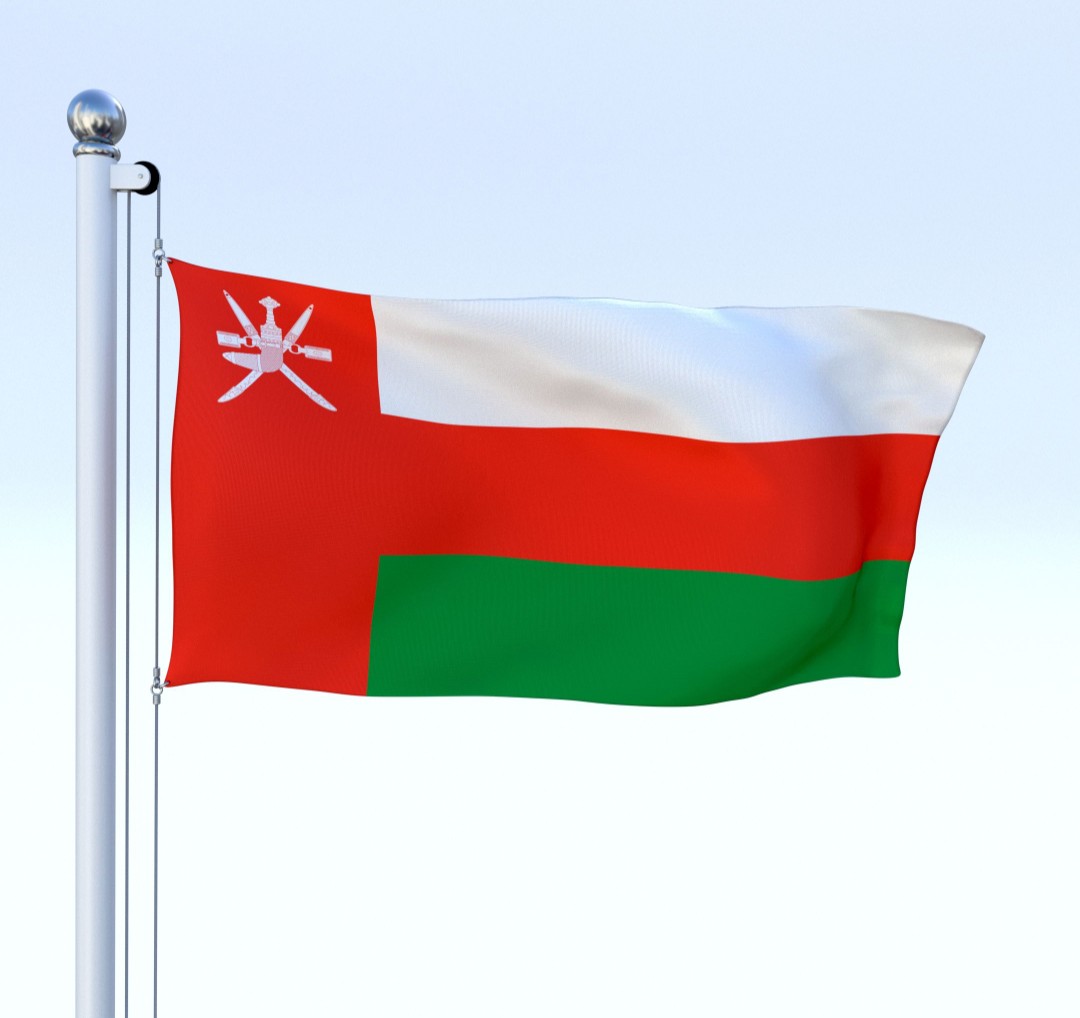Sources, however, claimed that the move was unlikely to immediately affect the private sector which also is a major employer of expat workers from South Asia
In a dramatic development which is being closely studied here, the Gulf monarchy of Oman has asked all state-owned companies to fire expat workers and replace them with local Omanis. The order shows that the “Omanisation” campaign, which was launched during the rule of Sultan Qaboos who passed away on January 10, has intensified. Sources, however, claimed that the move was unlikely to immediately affect the Omani private sector which also is a major employer of expat workers from South Asia.
The order was part of a financial guidelines issued by the government to state-owned companies on Wednesday which laid down the path of indigenisation of the Omani economy. According to some estimates, around a third of Oman’s 4.6 million residents are expatriates who work in state-owned and private sectors. There are at least 8,00,000 Indian workers in the kingdom and a part of them are likely to be impacted by the order. Though the order is limited to the state-owned companies, it is understood that in the long run, the private sector will be under pressure to follow the state sector.
Austerity measures
Oman has been implementing new austerity measures in the public sector during the last few months. The Finance Ministry of Oman had asked all state sector companies to avoid new projects this year and asked them to limit operational and administrative expenses in 2020 to 10%. These moves were partly necessary as Oman is among the worst affected by the ongoing global oil-price war.
Significantly, Wednesday’s order comes weeks after Sultan of Oman Haitham bin Tarik assured Prime Minister Narendra Modi that the salaries and well-being of the Indian community in Oman would be protected as the country dealt with the economic downturn which had resulted from the COVID-19 pandemic.
Oman has been a strategic partner of India, and a large number of local workers are from South Asia. Diplomatic sources said that the order was not connected with the ongoing COVID-19 pandemic-related economic downturn in the Gulf. “It has been a part of a long-drawn plan to create more job opportunities for the Omani youth who are educated and are looking for employment at home,” said a source familiar with Oman’s official policies. He pointed out that the critical component of the decision was that it showed Oman was determined to go ahead with the indigenisation move.
Oman has been part of India’s international consultations on the pandemic and Mr. Modi spoke with the Sultan on April 7 to discuss the challenges posed by the pandemic to both the countries. The ruler of Oman had thanked Mr. Modi for India’s support to Omani citizens who are affected by the ongoing lockdown. Oman has been a steady economy despite the war in Yemen which is a neighbour and tension among the GCC member-states.

